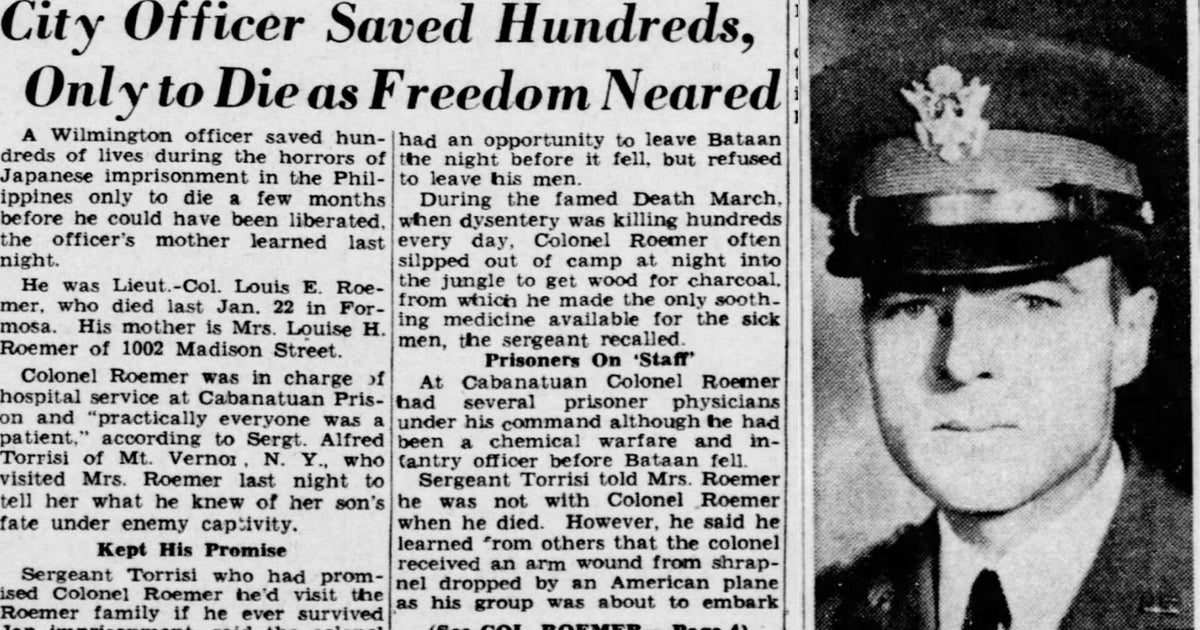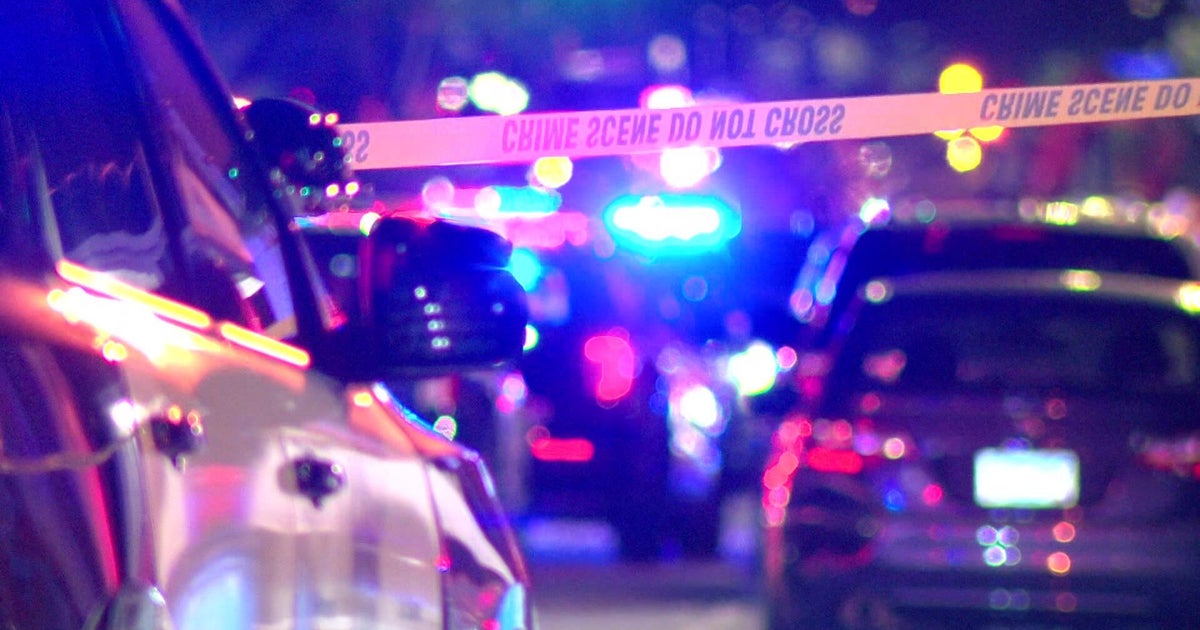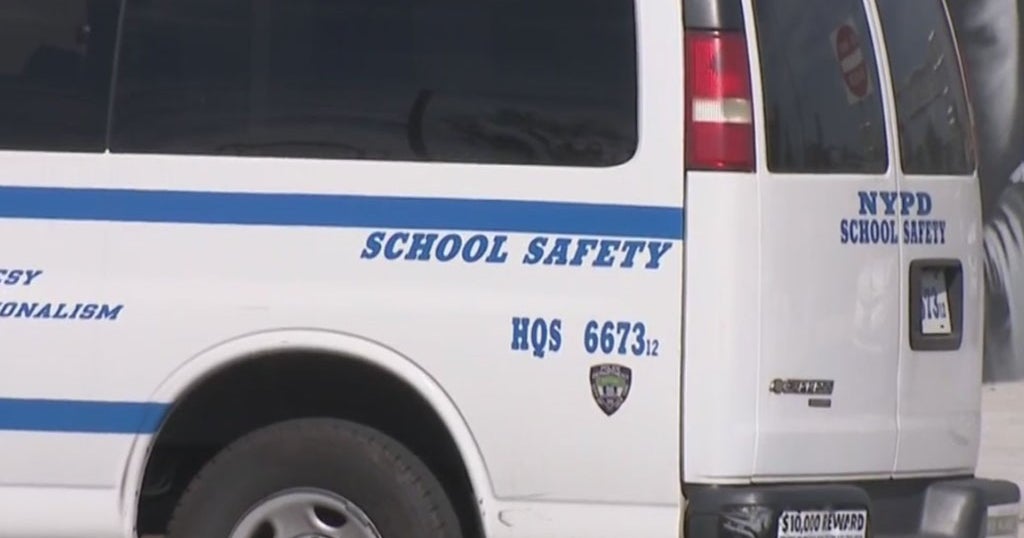Man Writes About Nazis & Czechoslovakia
By THERESA WINSLOW
The Capital of Annapolis
ARNOLD, Md. (AP) -- When he was 9 years old, Charles Ota Heller found a loaded gun in a roadside ditch and shot a Nazi in the chest.
He hoped the man died, though he didn't stick around long enough to find out. All he heard was a woman's screams as his victim lay on the ground in the waning days of World War II.
"It was pure revenge" said Heller, now 76, of Arnold, who grew up in Czechoslovakia. "I just hated the Germans so much. I would never have killed a dog or a cat, but to kill a German didn't bother me one bit."
More than 20 members of his family died in concentration camps. Only his mother and father, who was a non-practicing Jew, survived. They came to the United States in 1949 and attempted to forget the past. One part of this was changing his name. Born Ota Karel Heller, his parents opted for an American-sounding alternative for their only child.
"All my friends knew I was from Czechoslovakia, but nothing else," Heller said. "I had a party-line answer (when people asked me about my childhood): My father was in the British Army and fought against the Nazis, my mother was in a labor camp, and I was hidden away on a farm. Then, I'd clam up. I'd say it in such a way as to discourage more questions."
He only broke his silence about the shooting to his mother a couple years before she died in 2006. When he told her, she said, "You did good."
"I still to this day hate Nazis for what they did to my family and my entire country," he said.
Heller ultimately discovered the man he shot was probably not a Nazi, but a Czech collaborator, and survived. He still doesn't regret his actions.
Heller, who holds a doctorate in engineering, taught at both the Naval Academy and the University of Maryland, founded many companies and sits on nine boards of directors. He decided to open up about the past in his memoir, "Prague: My Long Journey Home."
A grandfather of three, he first returned there in 1970 when the country was still under Communist rule. He went back in 1990 after it gained its independence and reunited with a childhood friend. Those trips were tough. "That's when I started facing the demons of the past," he said.
Heller's been home many times since, and the visits have gotten a lot more pleasurable.
"Charlie brought to life a very ugly time in our history; of survival in the worst of circumstances," said longtime friend and one-time business partner Phil Samper of Annapolis. "When you see the details, you're very impressed with Charlie's strength and courage and that of his parents. I don't think anyone could read the book and not come away impressed."
"Prague" is the first of three planned volumes detailing Heller's life. It was initially published in the Czech Republic last spring. The English edition came out in December and was the first-ever recipient of Writer's Digest's Mark of Quality.
"To me, it was a great addition (to my) bookshelves of readings about the Holocaust," said Susan Moger, who had Heller in her writing classes at Anne Arundel Community College.
Heller first revealed parts of his story in those AACC sessions, and Moger feels privileged to have provided a literary spark. She said Heller manages the difficult task of speaking about his childhood from many different perspectives in his memoir -- an adult looking back on his life, a little boy, and a teenager coming to America without knowing any English.
Although "Prague" is Heller's first book, he's done other writing, including skiing and sailing columns for The Capital. He decided to try writing full-time in 2008.
A memoir had been on his mind since his father's death in 1988 and was reignited by his 1990 trip. The final straw occurred around 2000 while he was on a business trip and watching television in a hotel room. The show highlighted how little college students knew about World War II.
So, Heller began writing snippets of what he could remember. He then signed up for writing classes. Five people in those classes formed their own writing group, which is where he honed passages of the memoir.
"He puts the rest of us to shame," said Karen Cain of Laurel, a member of the writing group, "and we were taught English in this country."
Cain said Heller's book offers a different perspective on the war. She was impacted by the loneliness he must have felt when he was in hiding and everyone in his life disappeared. "Basically, these people were stripped out of his life, one by one," she said. "The fact that he survived, that is very amazing. It's a wonderful success story."
The second installment of Heller's memoir is titled "Cowboy from Prague," and details his high school and college years as well as the start of his business career. It's tentatively due out in the fall. The title refers both to his attending Oklahoma State and his view of himself as a cowboy entrepreneur. He plans to use a picture of himself standing on a bridge in Prague wearing a giant Stetson hat for the cover.
The third book "Ready, Fire, Aim" concentrates on his business career and should be published by the middle of 2013.
"I always heard writing a memoir could be a catharsis, a cleansing," he said. "To a certain extent, it was that. But it was very difficult. I delved into things I'd never really thought about."
In order to finish his first book, Heller did a lot of research on his family, his home country and the war. The more he investigated, the more memories he dredged up, and the more upset he became. "I spent a lot of sleepless nights," he said.
But the process ended up making him enjoy life more, and while he didn't run off and join a synagogue, Heller, who was raised Catholic, became more interested in Judaism and Israel.
"I'm relieved more than anything, happy about the fact I'm able to tell the story of my parents, who are the real heroes of my life and this book," Heller said. "Now that that I've put the entire puzzle together, I appreciate more than ever the type of courage it took for them to do what they did, not only during WWII but leaving everything behind and coming to the U.S."
His father, who owned a large clothing manufacturing company in Czechoslovakia, took a job as a pattern cutter. His first pay stub, which Heller still has, was for $37.50. Eventually, his father became a top executive in the firm. His mother first worked as a cleaning lady, then a seamstress. She ended up an associate scientist at a pharmaceutical company.
"It's quite a story," said Paul Harrell of Severn, another member of Heller's writing group. "It's quite a life."
(Copyright 2012 by The Associated Press. All Rights Reserved.)







